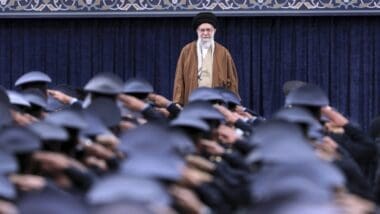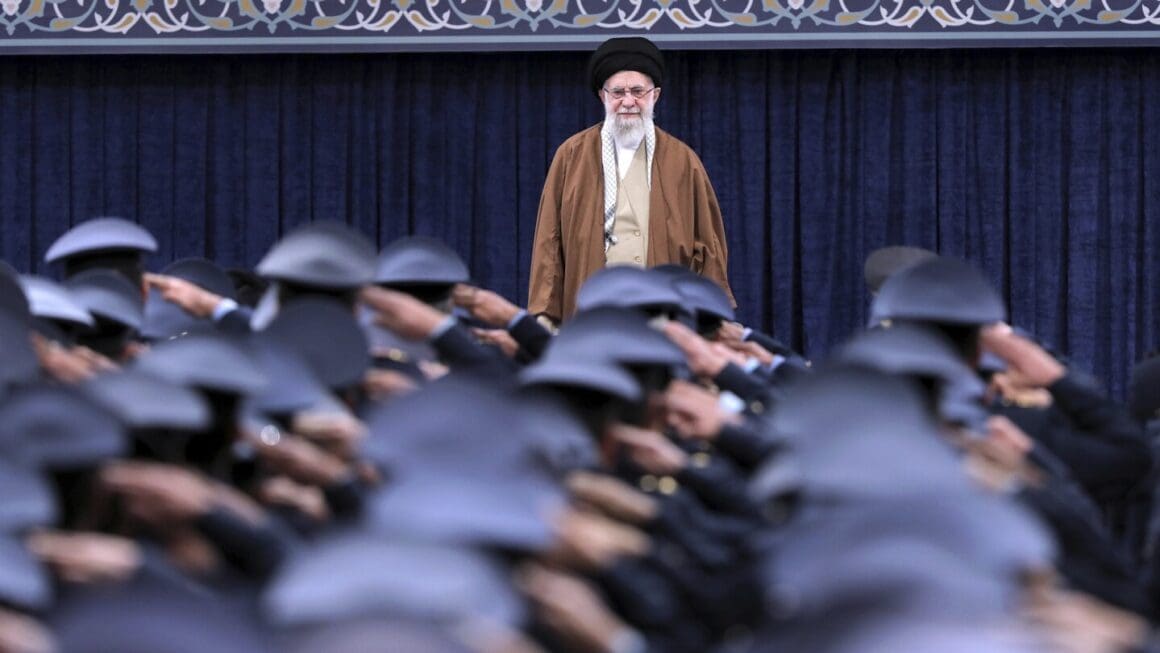Iran has confirmed that the upcoming round of nuclear talks with the United States will take place in Rome this weekend, clarifying earlier uncertainties regarding the location. Initially, Rome was announced as the venue for the negotiations, but there was a brief period when Iran suggested a return to Oman. An announcement from Iranian state television confirmed that Oman would once again mediate the discussions, scheduled for Saturday in Rome. The Omani foreign minister previously acted as an intermediary during talks last weekend in Muscat. The negotiations hold significant importance for both nations, which have endured nearly half a century of strained relations. President Donald Trump has consistently threatened military action against Iran’s nuclear facilities if an agreement is not reached. Meanwhile, Iranian officials have warned of potential advancements in their nuclear capabilities, given their substantial stockpile of uranium enriched to near weapons-grade levels.
In a related development, Iranian President Masoud Pezeshkian has accepted the resignation of a vice president who played a crucial role in the 2015 nuclear deal negotiations. Mohammad Javad Zarif, a key supporter during Pezeshkian’s election campaign, faced criticism from hardliners who accused him of conceding too much in the negotiations. A statement from the presidency noted that Pezeshkian acknowledged the necessity to proceed without Zarif’s expertise. Mohsen Ismaili, a 59-year-old political moderate and legal expert, has been appointed as the new vice president for strategic affairs. In Iran’s political structure, the president appoints multiple vice presidents.
Additionally, Rafael Grossi, head of the International Atomic Energy Agency (IAEA), has arrived in Tehran for meetings with Pezeshkian and other officials, likely to occur on Thursday. Since the United States’ withdrawal from the Joint Comprehensive Plan of Action (JCPOA) in 2018 under President Trump’s directive, Iran has disregarded the agreement’s limitations, enriching uranium to levels nearing 60% purity, approaching the weapons-grade threshold of 90%. The JCPOA, established in 2015, required Iran to curtail its nuclear activities in exchange for relief from international sanctions.
Iran’s Foreign Minister Abbas Araghchi has cautioned the United States against adopting contradictory positions in the talks. He emphasized that while uranium enrichment is a legitimate concern, the right to enrich should not be entirely forfeited. This warning likely addressed remarks by U.S. Mideast envoy Steve Witkoff, who suggested a potential agreement might revert Iran’s uranium enrichment to 3.67%, akin to the 2015 levels negotiated under the Obama administration. Witkoff later insisted that any agreement would need to align with President Trump’s terms, emphasizing the necessity for Iran to cease its nuclear enrichment and weaponization endeavors. He stressed the importance of establishing a robust and equitable deal that would endure, as directed by President Trump.
The Evolving Landscape
The ongoing negotiations in Rome could have significant implications for international relations and global security. The outcome of these talks may influence the stability of the Middle East and potentially alter diplomatic dynamics between Iran and Western nations. For individuals and businesses, the resolution of these negotiations might impact economic conditions, particularly in sectors sensitive to geopolitical shifts such as oil, trade, and energy.
On a broader scale, the potential for a renewed nuclear agreement could affect global non-proliferation efforts, setting a precedent for future diplomatic engagements. Successful negotiations might lead to eased tensions and foster a more cooperative international environment, enhancing opportunities for dialogue and collaboration on other pressing global issues.














